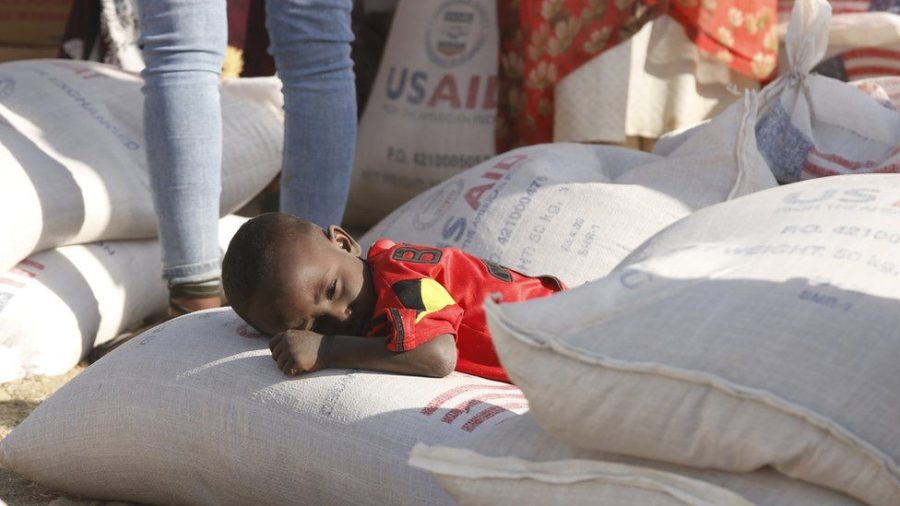According to an estimate by UN agencies and relief organizations, more than 350,000 people in Ethiopia’s Tigray area are suffering from hunger, with millions more at danger, and violence is to blame for the greatest food crisis in a decade.
After the publication of the Integrated Food Security Phase Classification (IPC) report on Thursday, UN assistance head Mark Lowcock said, “There is famine now in Tigray.”
“The number of people in famine conditions … is higher than anywhere in the world, at any moment since a quarter million Somalis lost their lives in 2011,” Lowcock said.
The majority of Tigray’s 5.5 million residents need food assistance. In November, fighting erupted in the province between government soldiers and the Tigray People’s Liberation Front, the area’s previous governing party.
Thousands of civilians have been murdered, and more than 2 million people have been displaced from their homes in the mountainous terrain as a result of the fighting.
Ethiopia dismisses demands for a ceasefire in Tigray, insisting victory is on the horizon.
Phase 5, which begins with a disaster warning and progresses to a declaration of famine in an area, is the most severe warning issued by the IPC – a scale used by UN agencies, regional authorities, and relief organisations to measure food insecurity.
According to the IPC, more over 350,000 people in Tigray are in phase 5 of the disaster. This signifies that famine is affecting homes, but only around 20% of the population is impacted, and fatalities and starvation have not reached famine levels.
“This severe crisis results from the cascading effects of conflict, including population displacements, movement restrictions, limited humanitarian access, loss of harvest and livelihood assets, and dysfunctional or non-existent markets,” the IPC analysis found.
For famine to be proclaimed, at least 20% of the population must be facing severe food shortages, with one out of every three children being severely malnourished and two people per 10,000 dying daily from hunger, malnutrition, or illness.
“If the conflict further escalates or, for any other reason, humanitarian assistance is hampered, most areas of Tigray will be at risk of famine,” according to the IPC, which added that even if aid deliveries are stepped up, the situation is expected to worsen through September.
The Ethiopian government disagreed with the IPC’s findings, claiming that food shortages are not serious and that help is being supplied.
At a press conference on Thursday, Ethiopian foreign ministry spokesperson Dina Mufti said the government was giving food aid and assistance to farmers in Tigray.
“They [diplomats] are comparing it with the 1984-1985 famine in Ethiopia,” he said. “That is not going to happen.”
Mituku Kassa, the head of Ethiopia’s National Disaster Prevention and Preparedness Committee, said on Wednesday: “We don’t have any food shortage.”
The Nobel Committee should resign as a result of the Tigray crimes.
However, Linda Thomas-Greenfield, the United States’ ambassador to the United Nations, described the situation as a humanitarian catastrophe.
“This is not the kind of disaster that can be reversed,” she said. Referring to a previous famine in Ethiopia that killed more than 1 million people, she said: “We cannot make the same mistake twice. We cannot let Ethiopia starve. We have to act now.”
A truce, unrestricted assistance access, and more money to expand relief operations are all required, according to World Food Programme executive director David Beasley, to prevent millions of people in Tigray from dying of starvation.
The IPC analysis might be worse, according to notes from a meeting of UN agencies on Monday, since “they did not include those in Amhara-controlled areas” in western Tigray.










